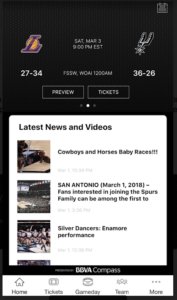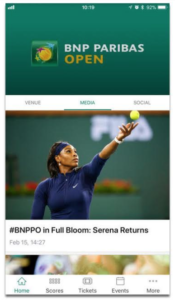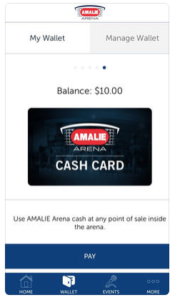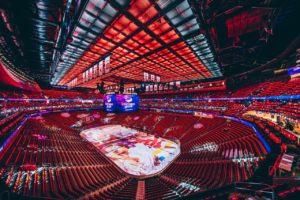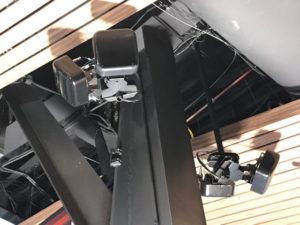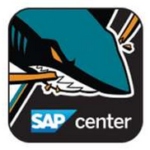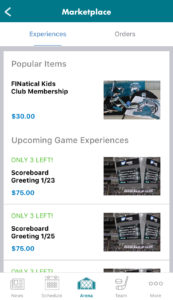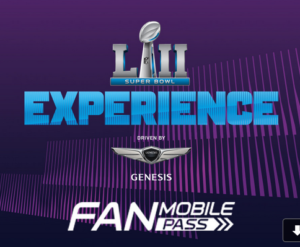According to YinzCam and the Spurs, a new interface designed for clarity and faster navigation will help fans find new features like blue-dot wayfinding (available only for Apple iOS devices) as well as new interactive maps available for both iOS and Android devices. Another update is the inclusion of on-demand replays for fans at AT&T Center, with four different camera angles to choose from, according to YinzCam.
In a nod toward a trend of team and stadium apps adding more attendance-specific services, the new version of the Spurs app will inlcude a “Season Ticket Member Club,” which the Spurs and YinzCam said will provide special offers and discounts, as well as the ability for season ticket holders to have single sign-on access to Ticketmaster’s account manager, which they can then use to digitally manage their tickets.
What’s not clear is if this update is an addition to an update YinzCam was scheduled to provide to the Spurs in the wake of a 2015 deal with the NBA under which YinzCam was to redesign 22 NBA team apps, including the Spurs’. Since that deal several teams have replaced YinzCam with a competitor — the Minnesota Timberwolves, the Utah Jazz and the Charlotte Hornets are all currently working with VenueNext to deliver their team apps. The Orlando Magic are also a VenueNext client, the first NBA team to pick that developer.
YinzCam, however, still claims to have developed 21 of the NBA team apps in use this season, including apps for the following teams: Atlanta Hawks, Brooklyn Nets, Boston Celtics, Chicago Bulls, Cleveland Cavaliers, Denver Nuggets, Golden State Warriors, Houston Rockets, Indiana Pacers, LA Clippers, LA Lakers, Memphis Grizzlies, Milwaukee Bucks, New Orleans Pelicans, New York Knicks, Oklahoma City Thunder, Philadelphia 76ers, Phoenix Suns, Toronto Raptors and the Washington Wizards. The Sacramento Kings and the Miami Heat use apps designed by Built.io, another newcomer in the stadium and team-app market. This year the Detroit Pistons turned to Venuetize for their team app in their new home, Little Caesars Arena. According to this release Venuetize also helped design the new app for the Portland Trailblazers. The Dallas Mavericks’ team app is supplied by Tixsee.
